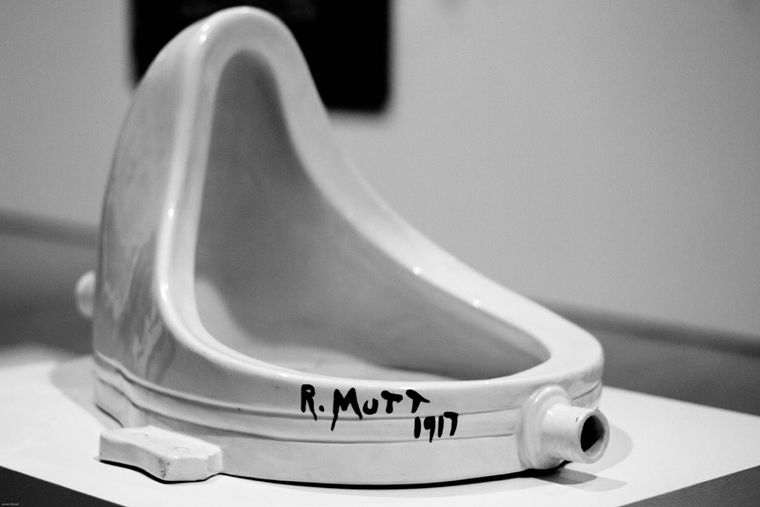
At his first post-election news conference, President-elect Barack Obama referred to himself as a “mutt.” Specifically, he said, “We have two criteria that have to be reconciled. One is that Malia is allergic, so it has to be hypoallergenic. There are a number of breeds that are hypoallergenic. On the other hand, our preference would be to get a shelter dog. But obviously a lot of shelter dogs are mutts – like me.”
Obama is not generally one to let impulsive remarks slip, and given the entire story he recounted, it’s clear he had thought about this before and may have even planned to tell the dog story when appropriate. His motivation may have been to lighten things up with some humor, but in his uniquely daring way, he managed to make a profound statement about his own self-image, and his image in the media and public’s mind.
Our president-elect never referred to himself as a candidate for the position of America’s first black president. In fact, he studiously avoided positioning himself that way, as well as generally downplaying the significance of racial politics, excepting his extraordinarily straightforward speech on racism delivered during the height of the Reverend Wright uproar.
Yet upon his election, virtually every newspaper in the world hailed his election as America’s first African-American president. Despite Obama’s sidestepping the topic, race was the “elephant in the room” that nobody could ignore. The “Bradley effect” was discussed openly, and Obama even joked about it himself on “The Daily Show” with Jon Stewart when he was asked if his white half would vote for his black half. And then came his casual self-designation as “mutt,” a comment that dropped former Fed Chair Paul Volker’s jaw in obvious shock.
I believe the last public figure to invoke the “mutt” metaphor in a major way was Marcel Duchamp (1887-1968), the French artist whose work presaged both conceptual art and pop art. As one of his so-called “ready-mades” using existing objects, he placed a men’s urinal upside down on a pedestal for an art exhibition, titled it “Fountain” and signed it “R. Mutt.” In this landmark 1917 work, as in others, Duchamp blurred the distinction between the everyday object and the art object, the elevated and the ordinary. He simultaneously ignited and defused emotions about what constitutes art, and for that matter, any conception or projection of value upon objects or ideas.
By placing himself at the center of “muttness,” Barack Obama has artfully challenged our own conceptions of self-identity and the ways we think we are perceived by others. Like Duchamp, Obama points to our collective and individual “muttness” and forces us to confront the way in which self-identity is framed through arbitrary racial, social and class distinctions. Notably, we are all byproducts of blended genes that can be traced back to the dawn of proto-humans in Africa over four million years ago.
In calling himself a mutt, Obama acknowledges the actual reality of his mixed racial history, but his manner indicates it’s perfectly ordinary, no big deal. Had a media pundit referred to Obama as a mutt, like Jimmy “the Greek,” he or she would have been hounded out of the job. Obama has brilliantly defused the energy of the epithet and wisely marked his acknowledgement of the “elephant.”
I think Marcel Duchamp is smiling.